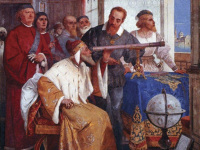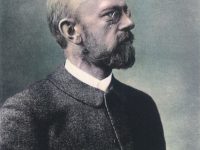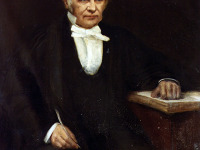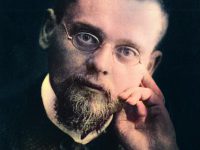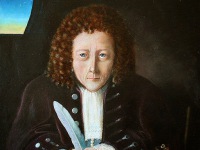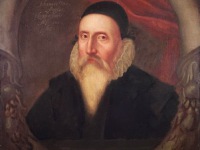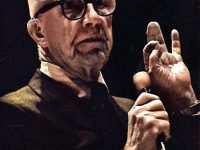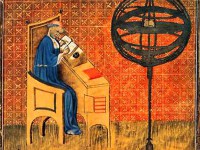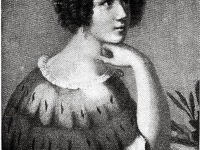Galileo Galilei and his Telescope
On August 25, 1609, Galileo Galilei publicly demonstrated his newly built telescope to Venetian lawmakers. Besides its astronomical value Galileo‘s telescope was also a profitable sideline for him selling telescopes to merchants who found them useful both at sea and as items of trade. Galileo published his initial telescopic astronomical observations in March 1610 in a brief treatise entitled Sidereus Nuncius (Starry Messenger). Galileo Galilei Education and Early Career Galileo Galilei came from an…
Read more

